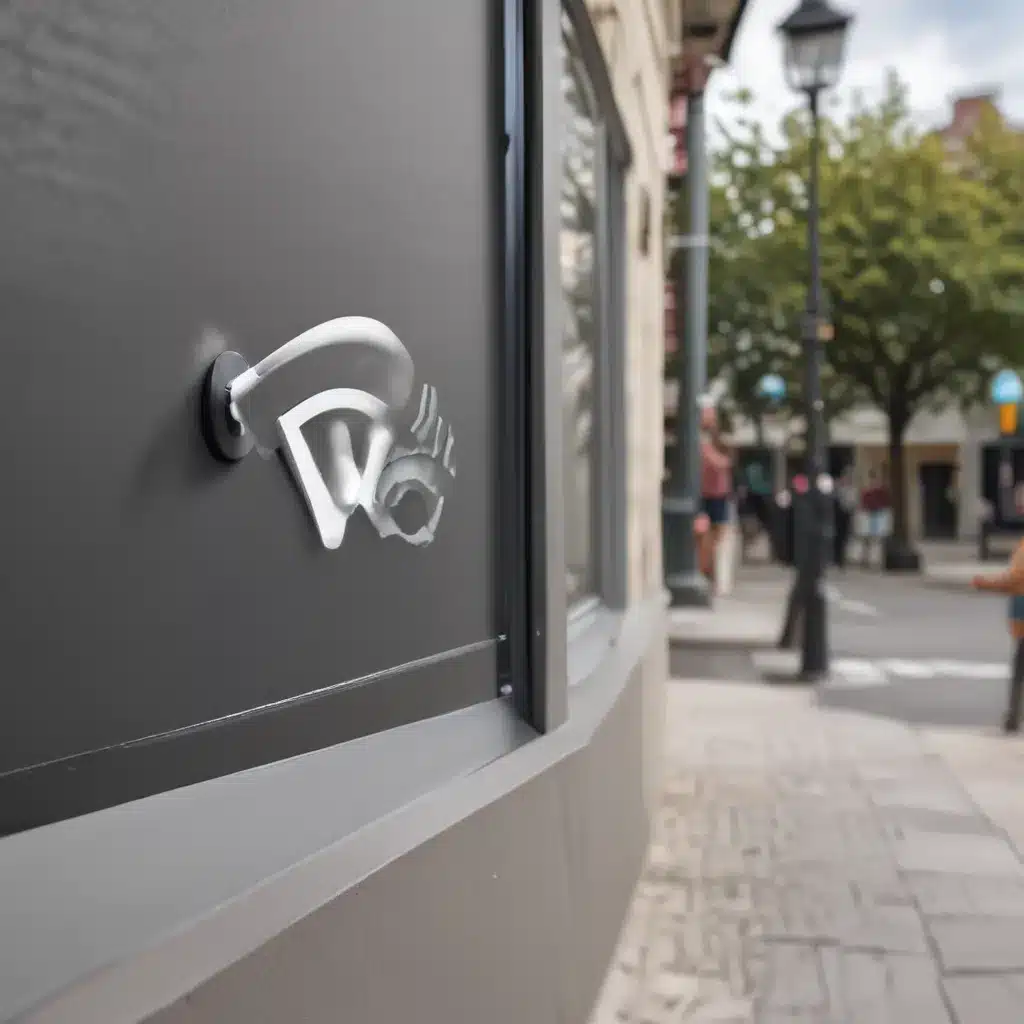
The Dangers of Public Wi-Fi
As an avid user of public Wi-Fi, I understand the convenience and accessibility it provides. However, I’ve also come to realize the significant risks it poses to our privacy and security. Public Wi-Fi networks are inherently vulnerable, often lacking the robust encryption and security measures that protect our data in more secure, private networks.
One of the primary concerns with using public Wi-Fi is the risk of eavesdropping. When I connect to an unsecured network, my online activities, sensitive information, and even login credentials can be easily intercepted by malicious actors. This could lead to identity theft, financial fraud, and a host of other cybercrimes that can have devastating consequences.
Moreover, public Wi-Fi networks can be the perfect breeding ground for man-in-the-middle attacks. In this scenario, a hacker can position themselves between my device and the intended server, intercepting and potentially modifying the data I’m transmitting. This could allow them to gain access to my accounts, steal my personal information, or even launch further attacks on my device.
Protecting Yourself on Public Wi-Fi
Given the alarming risks associated with public Wi-Fi, it’s crucial that I take proactive steps to protect my privacy and security. One of the most effective measures I can implement is the use of a virtual private network (VPN). A VPN creates a secure, encrypted tunnel between my device and the internet, shielding my online activities from prying eyes.
When I use a VPN, my internet traffic is routed through a remote server, making it virtually impossible for anyone on the public network to intercept or monitor my data. This is particularly important when I’m engaging in activities that involve sensitive information, such as online banking, email, or accessing social media accounts.
Another crucial step I can take is to ensure that my device’s security settings are properly configured. This includes enabling the use of strong, unique passwords, keeping my software up-to-date, and enabling two-factor authentication whenever possible. By taking these precautions, I can significantly reduce the risk of my device being compromised while using public Wi-Fi.
Avoiding Risky Behavior on Public Wi-Fi
In addition to using a VPN and maintaining robust security measures, I must also be mindful of my online behavior when connected to a public network. One of the most common mistakes I can make is accessing sensitive or personal information, such as bank accounts or email, while on a public Wi-Fi network.
These types of activities should be strictly avoided, as they can provide an open invitation for hackers to steal my sensitive data. Instead, I should limit my public Wi-Fi usage to tasks that don’t involve sensitive information, such as browsing the web, checking the weather, or reading news articles.
It’s also important to be cautious of public charging stations or USB ports, as they can be used to deliver malware or siphon data from my device. If I need to charge my device while on the go, I should opt for a portable power bank or find a more secure location to do so.
Educating Others on Public Wi-Fi Risks
As I’ve come to understand the significant risks associated with using public Wi-Fi, I believe it’s my responsibility to educate others on this important issue. By sharing my knowledge and experiences, I can help empower my family, friends, and colleagues to make informed decisions and protect their own privacy and security.
One effective way to do this is by sharing informative blog posts, social media content, or even hosting workshops or presentations on the topic. I can cover the various threats posed by public Wi-Fi, the steps individuals can take to mitigate these risks, and the importance of adopting a more cautious approach to using public networks.
By raising awareness and fostering a culture of cybersecurity, I can help contribute to a safer and more secure online environment for everyone. It’s a responsibility I take seriously, as the consequences of not addressing this issue can be far-reaching and deeply impactful.
Conclusion
In today’s increasingly connected world, the use of public Wi-Fi has become a ubiquitous part of our daily lives. However, the risks associated with this convenience can no longer be ignored. As an individual who values my privacy and security, I have made it a priority to understand the dangers of public Wi-Fi and to take proactive steps to protect myself.
By using a VPN, maintaining robust security measures on my devices, and being mindful of my online behavior, I can significantly reduce the risk of becoming a victim of cybercrime while using public networks. Moreover, I believe it’s my responsibility to educate others on this important issue, empowering them to make informed decisions and protect their own data and privacy.
As we continue to navigate the digital landscape, the importance of protecting our privacy when using public Wi-Fi will only become more crucial. By staying vigilant, adopting best practices, and sharing our knowledge with others, we can all play a role in creating a safer and more secure online environment for everyone.












